Best Medicine for Ear Piercing Infection
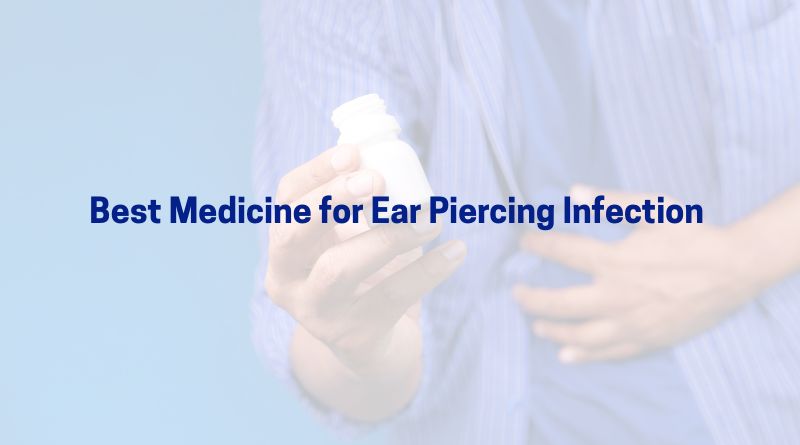

Ear piercing infection is a common concern, especially when proper hygiene and aftercare are not followed. If you're dealing with pain, swelling, or discharge after a piercing, you may be wondering about the best medicine for ear piercing infection. This blog provides a complete guide to understanding the causes, symptoms, and medicines that help treat ear piercing infections effectively.
What Are the Symptoms of an Infected Ear Piercing?
Before choosing any medicine for ear piercing infection, it’s important to identify the symptoms. Here’s what to watch for:
- Redness and tenderness
- Pain or a throbbing sensation
- Swelling around the earring hole
- Discharge (yellow, white, or green)
- Itching or burning
- Crusting or scabs
If symptoms are mild, home care and OTC creams might be enough. But for persistent or spreading infections, treatment with antifungal or antibacterial creams is often necessary.
What Causes Ear Piercing Infections?
Understanding the root cause helps in selecting the right medicine for ear piercing infection. Common triggers include:
- Using unclean or non-sterile tools during piercing
- Touching the area with dirty hands
- Wearing low-quality or allergic earrings
- Not cleaning the area properly
- Tight earrings causing friction
Which Medicines Help Treat Ear Piercing Infection?
Below is a table of commonly used creams that help in managing ear piercing infections, especially when the infection is fungal, bacterial, or inflammatory in nature:
| Product Name | How It Supports Skin Health |
|---|---|
| Clobnate-M Cream (15g) | Treats fungal infections with inflammation, combining antifungal and steroid components. |
| Clotrizee-B Lotion (15ml) | Antifungal + antibacterial lotion, ideal for scalp and body fungal infections. |
| Dermzex-BG Cream (15g) | Treats fungal, bacterial, and inflammatory skin issues with triple-action ingredients. |
| Dermzex-GM Cream (15g) | Effective for fungal infections with itching and redness, contains antifungal + steroid mix. |
| Fluocin-MF Cream (15g) | Targets inflammatory skin infections, reduces itching, redness, and fungal overgrowth. |
| Flutoson-F Cream (10g) | Used for dermatitis, eczema, and fungal infections, offers anti-inflammatory relief. |
| Zelocip-CF Cream (15g) | Broad-spectrum antibacterial + antifungal cream, supports healing of mixed skin infections. |
| Clobnate-N Cream (15g) | Treats bacterial and fungal infections with anti-inflammatory action for skin recovery. |
These creams offer a combination of antibacterial, antifungal, and anti-inflammatory benefits to relieve redness, pain, itching, and infection. However, always do a patch test before use, and consult a doctor if symptoms worsen.
How to Use Medicine for Ear Piercing Infection Safely?
To get the best results from your chosen medicine for ear piercing infection, follow these tips:
Dos:
- Wash hands before application
- Apply the cream gently around the piercing (do not force it into the hole)
- Clean the area with saline solution before applying medication
- Let the piercing breathe (avoid heavy coverings)
Don’ts:
- Don’t remove the earring unless directed by a doctor
- Avoid alcohol or harsh chemicals near the piercing
- Don’t scratch or rub the infected area
When Should You See a Doctor for an Ear Piercing Infection?
Most minor infections improve in a few days with proper care. But seek medical advice if you notice:
- Severe pain or swelling
- Pus with foul odor
- Fever or body chills
- Redness spreading beyond the ear
- No improvement after 5–7 days of treatment
A doctor might prescribe oral antibiotics or recommend stronger treatments if the infection becomes more serious.
How Can You Prevent Ear Piercing Infections?
Preventing infections is easier than treating them. Here are tips to avoid future problems:
- Get pierced at a certified clinic using sterilized tools
- Clean the area twice daily with saline solution
- Avoid touching or rotating the earring too often
- Choose hypoallergenic earrings like surgical steel or gold
- Don’t sleep on the newly pierced ear
- Avoid swimming during the healing phase
Frequently Asked Questions
Q. Can I use over-the-counter creams for an infected ear piercing?
A. Yes, mild infections can be treated with OTC creams containing antifungal or antibacterial agents.
Q. Should I remove the earring if the piercing is infected?
A. No, unless a doctor advises you to. Removing it too early may close the hole and trap the infection inside.
Q. How long does it take for an ear piercing infection to heal?
A. Mild infections usually heal within 3–7 days if treated early with proper care.
Q. Is saline solution good for cleaning infected piercings?
A. Yes, saline water is gentle and effective. Use it twice a day to clean the area.
Q. Can I use antibiotic creams meant for other skin infections?
A. Yes, but make sure the cream is suitable for sensitive skin and check for any allergic reactions.
Conclusion
Choosing the right medicine for ear piercing infection is essential for quick healing and avoiding complications. Topical creams that combine antifungal, antibacterial, and anti-inflammatory ingredients are usually effective for mild to moderate infections. But always monitor symptoms and consult a professional if the infection doesn’t improve. Proper hygiene, early treatment, and safe practices will keep your piercings healthy and trouble-free.


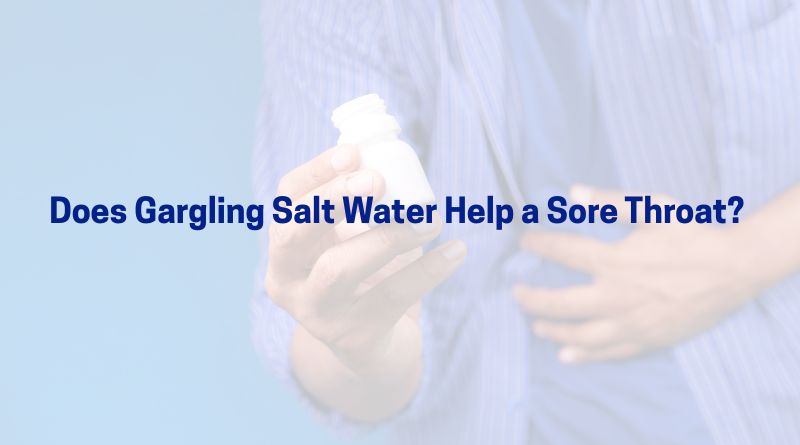
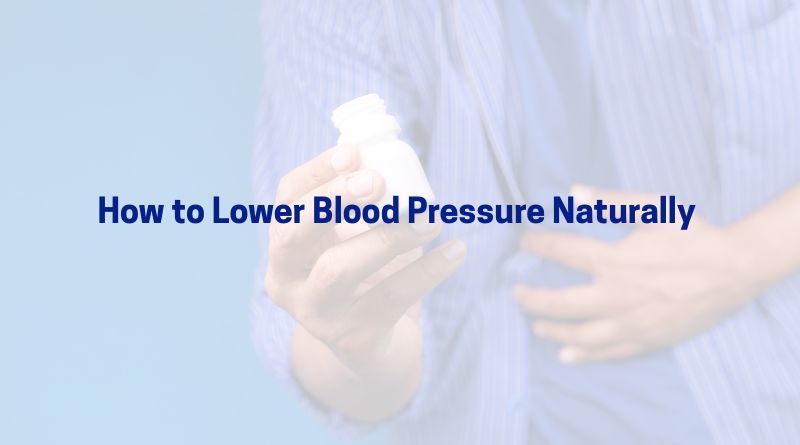
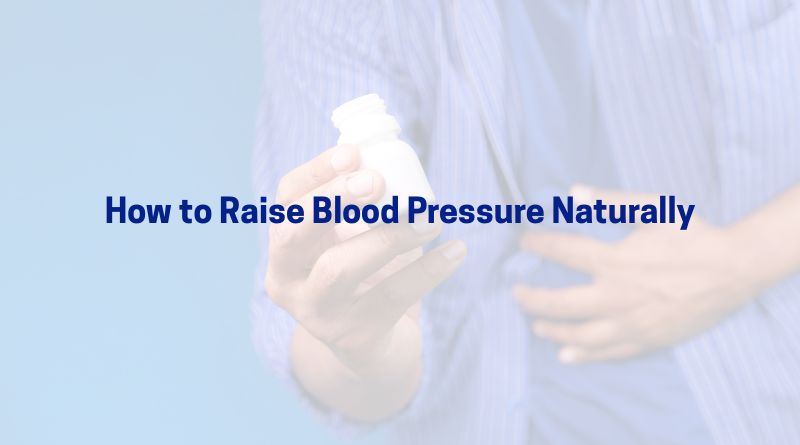
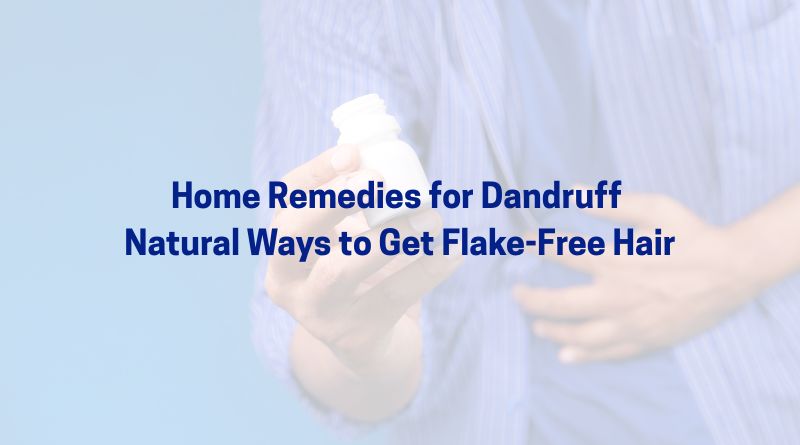

 Added!
Added!